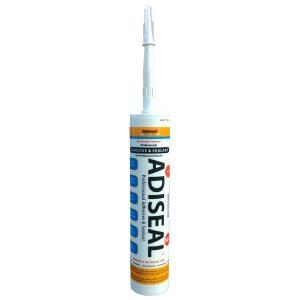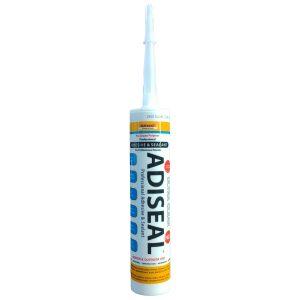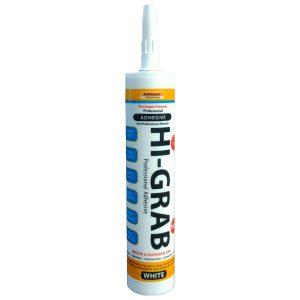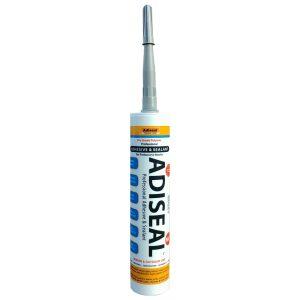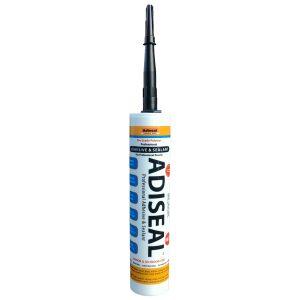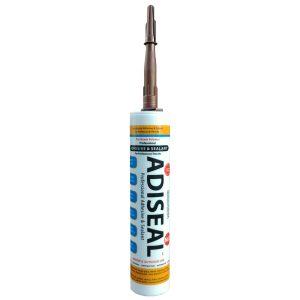Masonry Adhesive
Masonry Adhesive: Strong and Durable Bonds
Masonry adhesive is a versatile and reliable bonding agent used in construction projects involving various types of masonry materials. In this article, we will explore the benefits and applications of masonry adhesive, highlighting its importance in creating strong and durable structures. Whether you’re working on brickwork, stone walls, or other masonry applications, understanding the qualities and advantages, is crucial for successful construction projects.
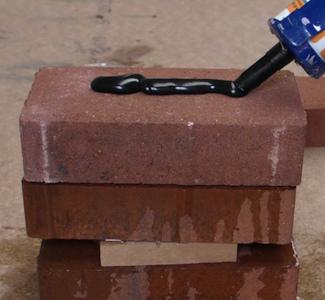
The Advantages of Masonry Adhesive
Masonry adhesive offers several advantages that make it an ideal choice for bonding masonry materials:
1. Strong and Durable Bonding:
– It provides a strong and durable bond between different masonry elements, ensuring the structural integrity of the project.
– It creates a reliable connection that can withstand external forces and the test of time.
2. Versatile Applications:
– It is suitable for various masonry materials, including bricks, stones, concrete blocks, and pavers.
– It can be used for both vertical and horizontal applications, making it a versatile solution for different construction needs.
3. Increased Efficiency:
– Using the product eliminates the need for traditional methods such as mortar, which requires curing time.
– The adhesive’s fast-setting properties enable quicker construction progress, saving time and labor costs.
Important Considerations for Using Masonry Adhesive
To achieve optimal results when using masonry adhesive, consider the following factors:
1. Surface Preparation:
– Ensure that the masonry surfaces are clean, dry, and free from dust, debris, and loose particles before applying the product.
– Proper surface preparation promotes maximum adhesion and a stronger bond.
2. Adhesive Selection:
– Choose a high-quality product that is specifically formulated for the type of masonry material you are working with.
– Consider factors such as weather resistance, load-bearing capacity, and flexibility, depending on the project requirements.
3. Application Techniques:
– Apply the product evenly and consistently on the bonding surfaces using a suitable applicator or trowel.
– Follow the manufacturer’s instructions regarding the appropriate adhesive thickness and coverage.
Applications of Masonry Adhesive
Masonry adhesive finds widespread use in various construction applications, including:
1. Brickwork:
– It is commonly used for bricklaying projects, providing a strong and durable bond between bricks.
– It eliminates the need for traditional mortar joints and offers greater precision and efficiency.
2. Stone Walls:
– It is ideal for constructing stone walls, ensuring a secure and stable structure.
– It allows for a seamless and aesthetically pleasing finish while providing excellent strength and durability.
3. Paver Installations:
– Masonry adhesive is utilized for installing pavers, securing them in place and preventing movement or shifting.
– It enhances the stability and longevity of paved surfaces, such as patios, walkways, and driveways.

Conclusion
Masonry adhesive is an essential component in modern construction, providing a reliable and efficient bonding solution for masonry materials. Its strong and durable properties, versatile applications, and increased construction efficiency make it a valuable choice for professionals and DIYers alike. By considering factors such as surface preparation, adhesive selection, and proper application techniques, you can achieve secure and long-lasting masonry structures. Whether you’re working on brickwork, stone walls, or paver installations, masonry adhesive is a dependable option for creating robust and visually appealing structures.
Showing all 6 resultsSorted by popularity
